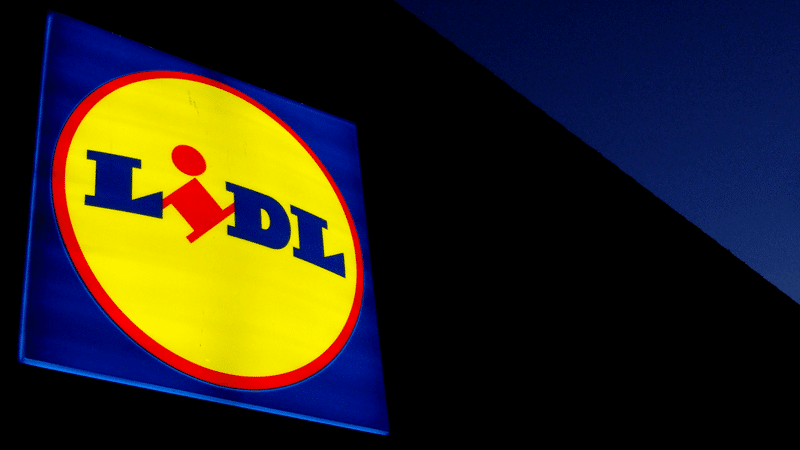Budget supermarket Lidl has come under fire for airbrushing images of the cross from its products.
Lidl’s range of Greek foods features images of the famous Anastasis Church in Santorini, with its distinctive blue dome roof.
However, customers noticed that the crosses which usually adorn the dome and surrounding buildings have been edited out.
Disappointment
Shoppers flocked to the supermarket’s Facebook page to express their disappointment at the move.
Steve West wrote: “Why have you taken crosses off the top of Greek churches in your advertising? Is there somebody you will think takes offence?
“There is. Me, Greeks and many others. I definitely won’t be using you again if you don’t reverse this policy.”
’Hurt’
Daisy Matthews said that she would not have any problem buying products from Hindu, Sikh or Muslim countries with their religious symbols depicted.
Other shoppers had pointed out that certain products feature pictures of buildings with minarets.
Matthews added: “As a Christian I feel really hurt, discriminated against, upset and disappointed that you have done this, if it is the case I won’t be shopping at your store anymore.”
Dishonesty
A spokesman for Lidl UK said the supermarket is “extremely sorry for any offence caused” and claimed that the images were “not an intentional statement”.
However, the Belgian media was given a conflicting statement by Lidl’s head office in Germany which said: “We are avoiding the use of religious symbols because we do not wish to exclude any religious beliefs.
“We are a company that respects diversity and this is what explains the design of this packaging.”
Move intended
Archbishop Cranmer, who blogs on Christianity and politics, criticised Lidl UK for not being ‘truthful’:
A blog post published yesterday states, “it is interesting that the impulse of Lidl UK was to lie about the anti-religious ( = ‘neutral’) motive, which, far from being unintentional, is purposeful and calculated.
“It isn’t that Lidl seeks to include all religions equally with an array of appropriately cultural multi-faith images on its products: it is that they censor a certain culture’s religious images under the guise of secular neutrality, or non-aggressive secularity, or social-secular positivism, which is, of course, not neutral at all.”

